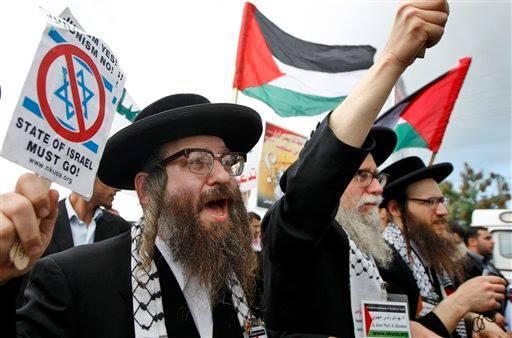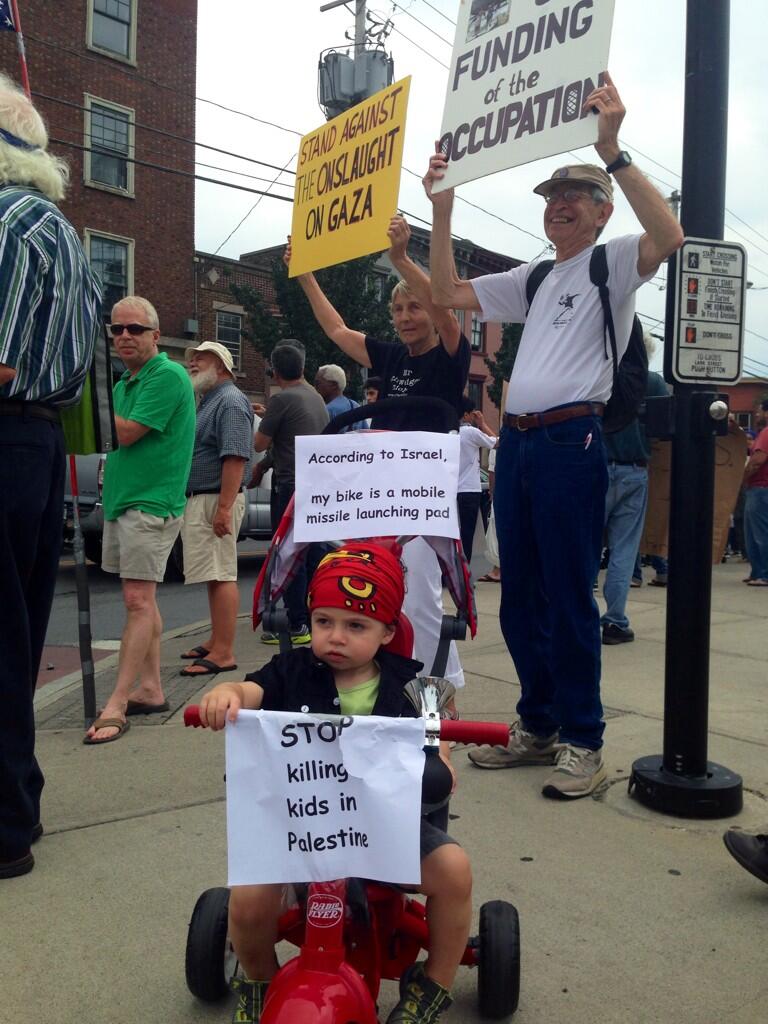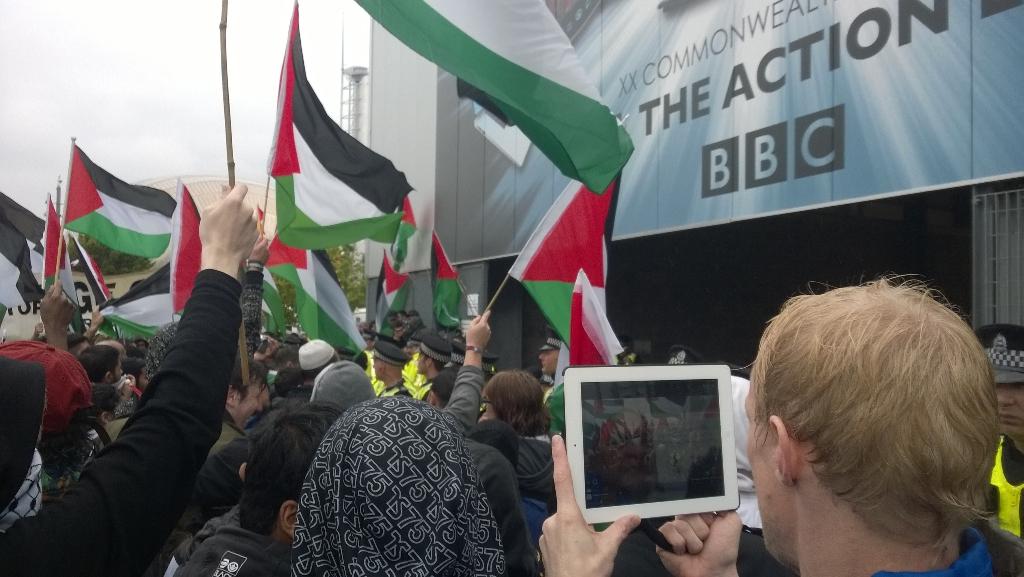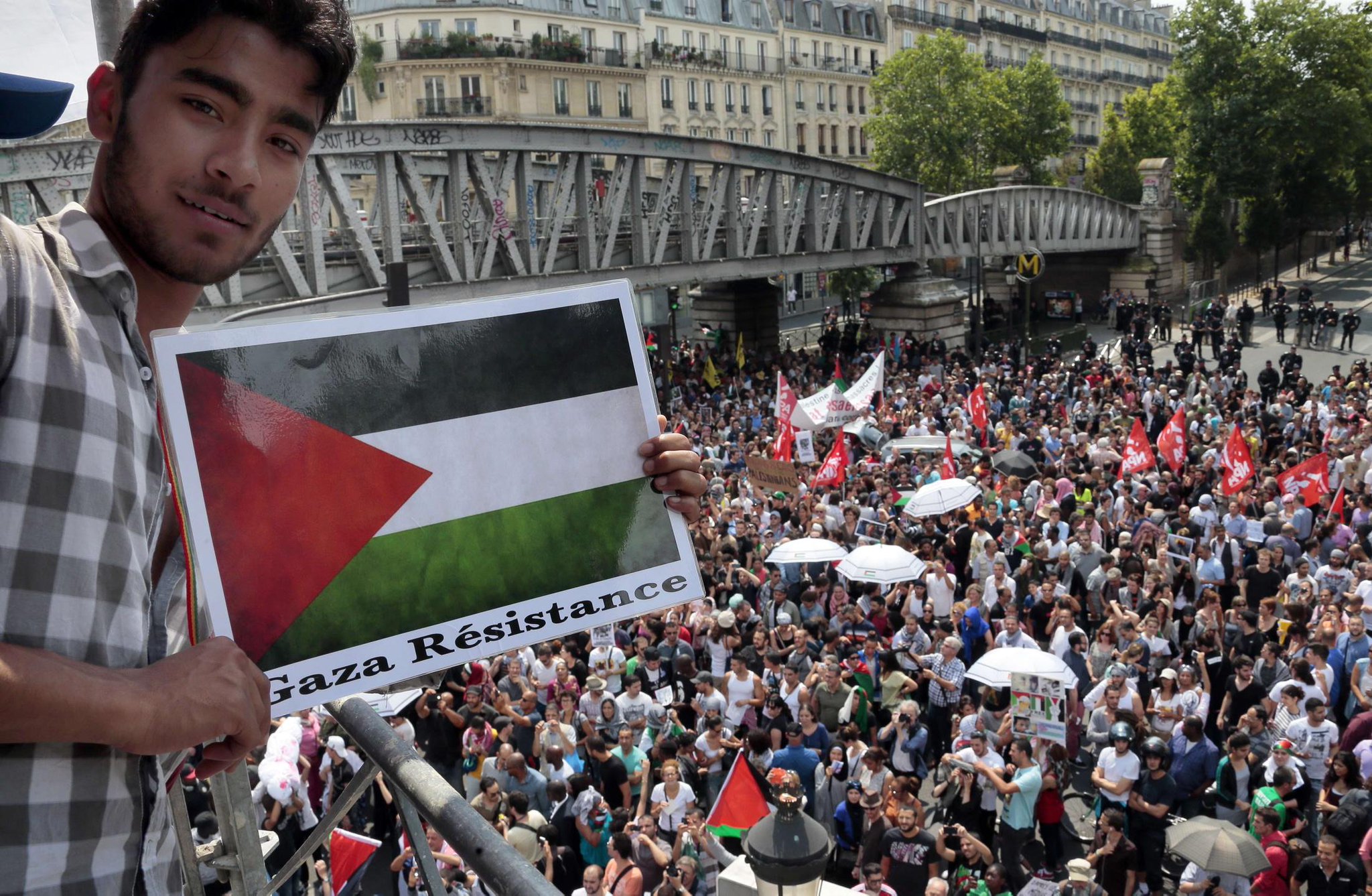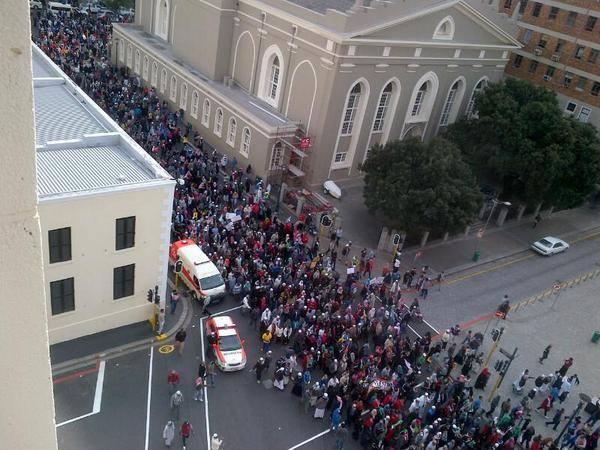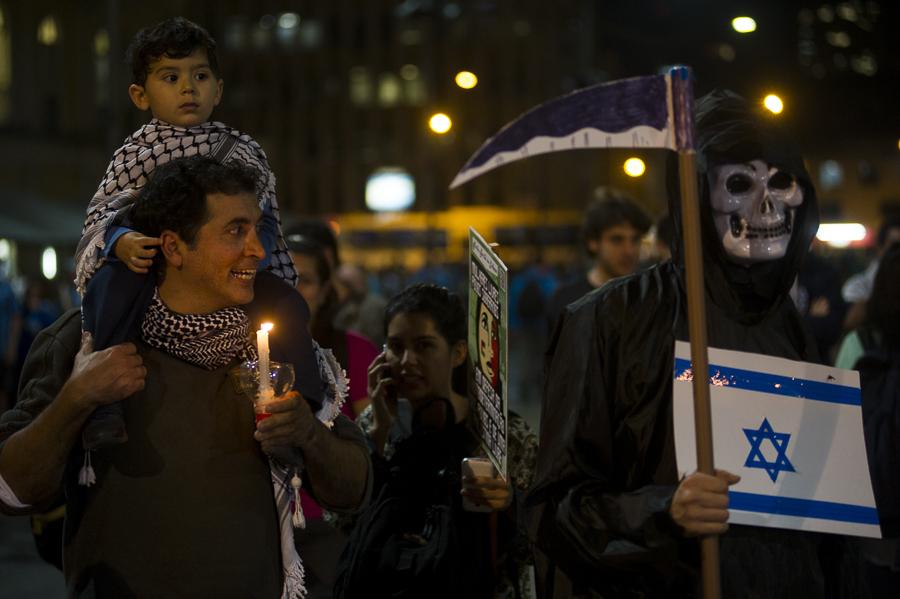Um Rulla
We left in February last year: me, my husband Ahmed and our seven
children
– two sons and five daughters. I borrowed 5,000 Syrian pounds (£20)
from my mother to hire a car to drive us from our home in Deraa to the
border with Jordan.
When we got to the borderlands, we had to walk with other Syrian families who were fleeing
Syria
too. We were walking at night to avoid being spotted by Syrian
security, who would shoot at us. It was so risky, but I was more scared
of what would come next, what sort of life we would have in the refugee
camp.
Finally we got into Za'ateri camp, which was like paradise
compared with the hell of Deraa. And yet I became worried about the
safety of my five daughters. My husband is old and not well, and my sons
are little boys. There is no one to protect us. The tents are too close
to each other, young men would pass by and stare at our tent.
My
eldest daughter, Rulla, was 13 and is attractive. She and her other
sisters could not even change their clothes in the tent. We were so
scared that my daughters and I might be attacked by strangers. The camp
was full of men of different ages. I could not let my daughters go alone
to the bathroom, I had to take them one by one even though the
bathrooms were far away. Along the way we would be harassed by young
men. If any of my daughters wanted a wash, we would have a basin in the
tent, and I or my mother would keep watch in case anyone came.
Looking
around I could see that families were trying to get their daughters
married by any means, even if they were only 12 or 13. They were not
asking for dowries, they just wanted a man for their daughters.
My
daughters were a huge burden to me. I never thought I would think of
them like that. I was so glad when they born. You can't imagine the fear
of a mother when she looks at her daughter and she thinks that she
might be raped at any moment. It is horrible to think if the rape story
became known publicly, her uncles would kill her immediately. I felt
like dying when I thought of that moment.
Most of the marriages in
the camp are for girls of 12, 13 or 14, but even 10-year-olds might get
engaged if they are tall and developed. The way it works is that a
female relative of the groom tours the tents to find a girl. When she
finds someone suitable, she brings her to the man, who asks for her
hand. The groom might be Syrian or Jordanian or from other Arab
nationalities.
A 70-year-old Saudi man married the daughter of my
neighbour. She was already engaged to a Syrian man but her family could
not believe their luck in getting a rich Saudi, so they dumped the first
groom to make way for the second. The Saudi man had to pay the family
1m Syrian pounds to marry their young daughter.
It was a big shock
when an old Jordanian man came to my mother's tent asking for her hand.
He said that he wanted to provide her with a better life and spare her
humiliation. These Jordanians are really exploiting Syrian refugees'
terrible circumstances.
An acquaintance in a nearby tent had an
18-year-old nephew, Omer, who worked in an embroidering workshop. She
told him about our daughter, came to our tent and told us that she
wanted Rulla for her nephew. Rulla blushed in astonishment. For me, it
was hard to accept the idea. She was still a child, playing with kids in
the camp. But the war, hunger, humiliation and fear forced me in the
end to accept the offer. It was difficult to throw my daughter into a
new life I do not know and she herself does not know either. Rulla knew
nothing about marriage, I had to teach her every single thing.
We
rented two houses in Amman, one for Omer and one for us. The groom
brought jewellery and even paid for a wedding ceremony. We had to take
in the wedding dress to make it fit Rulla's tiny body. I had to tell her
how to behave with her husband. I asked her if she loved her groom. She
said she did, but I was not sure that she knew the real meaning of
love.
I fumbled to illustrate things to her bluntly. I told her
that her husband might get too close to her, he would kiss her and she
should not shudder but welcome that. I did not want to scare her with
the whole story of marriage. I told her that her husband would teach her
how to be a good wife. I sat for two hours with the groom himself
before he married my daughter. I tried to prepare him for the fact that
he was getting married to a child, not a mature woman, and that he
needed to be more tolerant with her.
The second day after the
wedding, I ran to see Rulla and asked her how her night had been. She
told me it was OK and that everything went well. I'm praying all the
time that her marriage will last. The problem is Rulla can't forget that
she is still a child though she is married now. In one of my visits, it
was terribly shocking to see her wearing socks and slipping about on
the floor like other children in the house. I told her she should not do
that because she is a married woman now. She said:"Oh mum, I really
like to run like before and play with other girls."
Rulla now
lives with her husband's family because she needs her mother-in-law to
guide her. She has been married for five months now. I do not think her
husband will allow her to complete her studies. He wants her to focus on
her house and kids.
Ten days ago, I took Rulla to the hospital,
thinking she was pregnant but the doctor found that she had an ovarian
cyst. That was bad and good news for me at the same time. Deep in my
heart I was content that she won't get pregnant soon because she herself
is still a child and her marriage is not documented, which means the
baby would not have a birth certificate. I still ask myself every day if
I was fair to Rulla.
pls read full article its harrowing.


.jpg)
